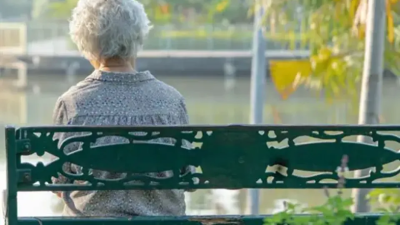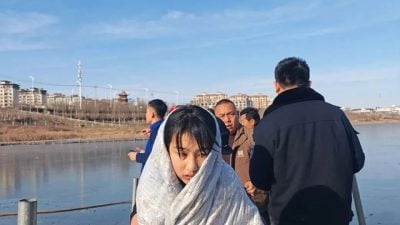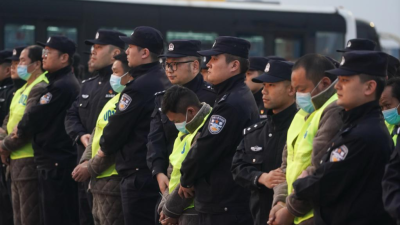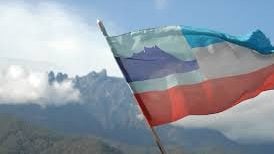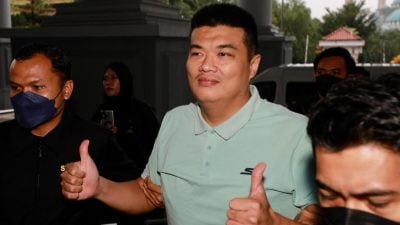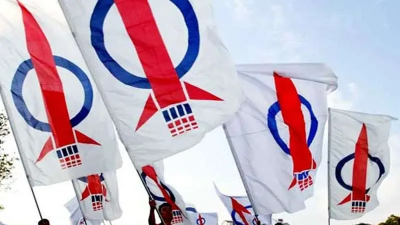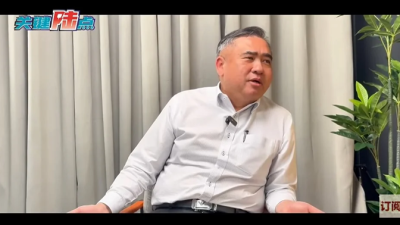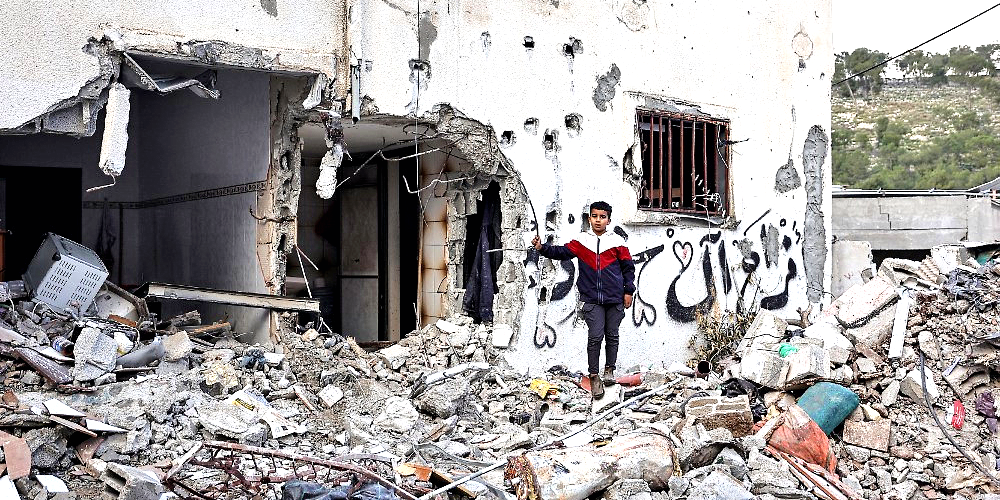
“We know too well that our freedom is incomplete without the freedom of the Palestinians,” the late Nelson Mandela said in a speech after winning the first all-race South African presidential election in 1994, three years after he succeeded in eternally outlawing the apartheid system.
Now, the nation leads the global campaign to end Israeli’s devastation of Palestine.
South Africa has brought Israel to the International Court of Justice (ICJ) to stop what it says are the genocidal acts committed by the Israeli military forces against the Palestinians in Gaza.
The trial will likely last for years, and Israel does not seem worried about it at all.
“Our opposition to the ongoing slaughter of the people of Gaza has driven us as a country to approach the ICJ,” said South African President Cyril Ramaphosa.
“As a people who once tasted the bitter fruits of dispossession, discrimination, racism and state-sponsored violence, we are clear that we will stand on the right side of history.”
Indonesia, as well as many other countries, has openly expressed its support for South Africa’s move, even though Jakarta is not a party to the United Nations Convention on the Prevention and Punishment of the Crime of Genocide.
Foreign Minister Retno LP Marsudi said Indonesia had been a consistent supporter of Palestine’s independence. Some may think she just wanted to steal the show, but nobody would doubt her statement reflected the emotions of the Indonesian people in response to the ongoing killings in Gaza.
“Indonesia supports the efforts of the UN General Assembly to obtain an advisory opinion from the International Court of Justice. International law must be upheld. The right of the Palestinian people to self-determination must be respected. Israel’s occupation of Palestine, which has lasted for more than 70 years, will not erase the right of the Palestinian people to independence,” Retno said.
Last week, The Jakarta Post published a deeply touching poster of empty shoes laid by a protester in front of the US Embassy in Jakarta.
The poster read, “Remember, more than 9,280 children of Gaza were murdered”. And “Remembering 100 days of genocide”. The shoes symbolise the death of the children in Gaza.
Supporters of the Free Papua Movement (OPM) were quick to mock minister Retno because they contend it is morally inconsistent for Indonesia not to allow Papua to have its independence while supporting Palestinian independence.
Mandela and all his successors have consistently likened Israel’s brutal treatment of the Palestinians in Gaza and the West Bank to the past apartheid regime of South Africa.
Mandela, the globally recognised hero of freedom and reconciliation, had supported the late Palestinian leader Yasser Arafat in his peaceful mission to achieve a two-state solution for Israel and Palestine.
Just two weeks after he was released from his 27-year detention in 1990, Mandela met Arafat in Zambia, where African leaders greeted the Palestinian leader.
As reported by the Associated Press, in a speech on Jan. 13 to mark 100 days of Israel’s onslaught on Gaza, Prime Minister Benjamin Netanyahu vowed to continue the massacre in defiance of international law.
“We will restore security to both the south and the north,” Netanyahu vowed.
“No one will stop us – not The Hague, not the axis of evil and not anyone else.”
Israel has sought to justify its mass killings and destruction in Gaza by saying they are in response to Hamas’ Oct. 7, 2023, deadly attacks and kidnappings in Israel.
But the ground and air strikes by Israel are no longer an act of defence, but of wanton aggression.
Netanyahu’s dislike of South Africa and Mandela is nothing new. Netanyahu cancelled plans to attend Mandela’s funeral service in December 2013, using travel and security costs as an excuse.
Israel was a strong supporter of the South African apartheid regime and reportedly provided them with weapons systems despite global boycotts until the mid-1980s.
Mandela regularly raised the plight of the Palestinians in many forums even after he finished his seven-year presidential term in 2001.
But remember that Mandela also played an important role in Timor-Leste’s independence.
Mandela was a staunch supporter of Xanana Gusmao, who led the guerrilla war against Indonesia, which invaded the former Portuguese colony in 1975.
After 24 years, the East Timorese voted for independence in a UN-administered referendum in 1999.
Xanana was captured in 1992 and then a Jakarta court sentenced him to 20 years in prison for treason.
When Mandela visited Jakarta in July 1997, he succeeded in persuading then-president Soeharto to let him meet with Xanana.
Mandela and Soeharto met again in Cape Town four months later.
Soeharto refused to release Xanana but gave Mandela his assurance that the East Timorese independence leader would be treated better in prison.
“The example of the great man Nelson Mandela was an inspiration to me,” said Xanana, who was elected as the first president of Timor-Leste in 2002.
If Mandela were still alive, he would be doing his utmost to bring Netanyahu and the Israeli government to justice.

ADVERTISEMENT
ADVERTISEMENT






